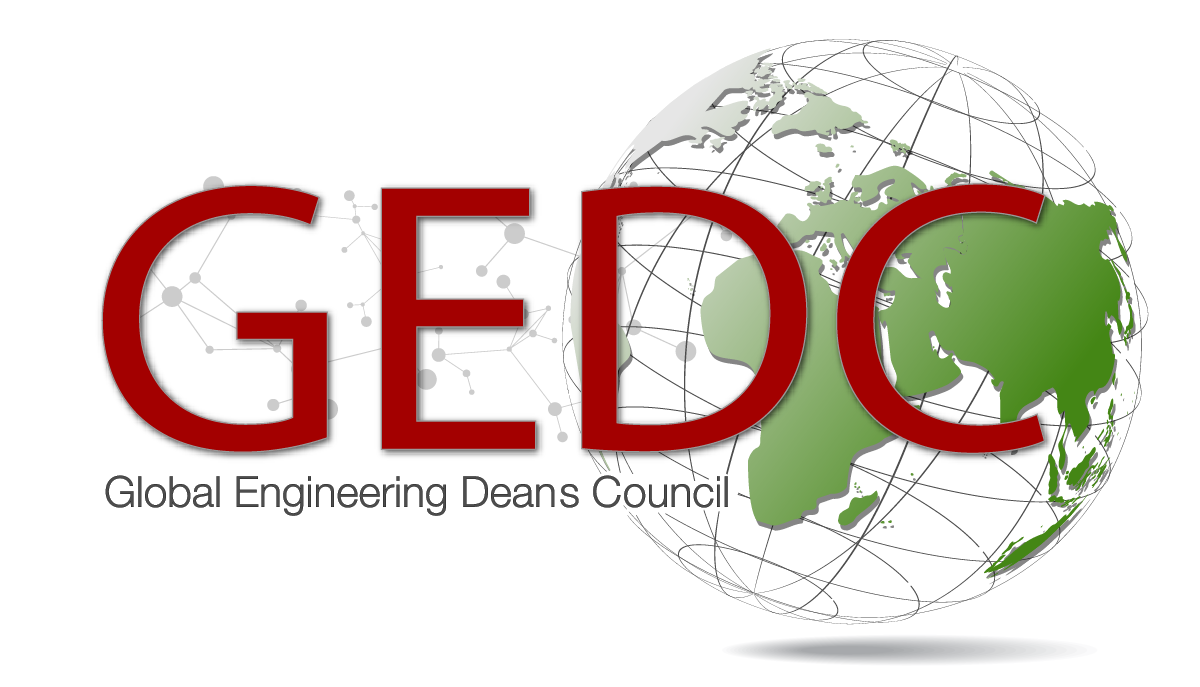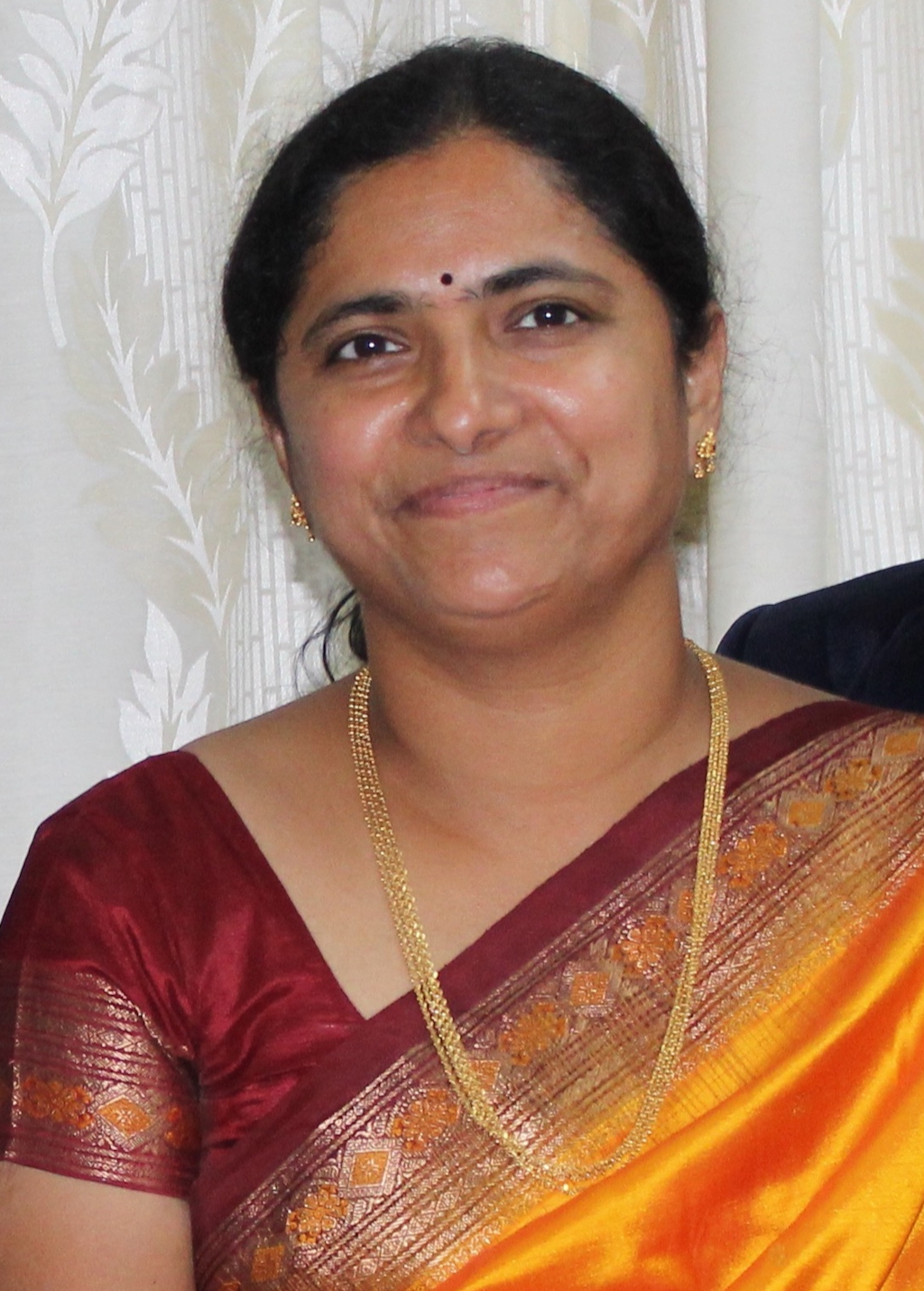Q: Can you tell us about your career journey and key milestones?
Dr. Nalla: I started my career in academia,, then an administrator, and later became the principal and director at a college in Hyderabad, India. My research for the past decade has been in Engineering Education, and on improving its quality. Over the years, I have ’ve collaborated with universities globally and secured international funding, especially from the European Union, which has enabled us to create new programs and opportunities for our students. Recently, I attended the Asian Engineers’ Dean Summit through GEDC, which further strengthened my belief in the power of collaboration.
Q: What qualities do you think are necessary for aspiring academic leaders?
Dr. Nalla: I believe that aspiring leaders need to be open to change and willing to learn from others. It’s essential to be proactive and seek solutions to problems rather than waiting for things to improve on their own. In today’s world, academic leaders must also be flexible and adaptable to keep up with the rapid technological advancements in education.
Q: How do you handle conflicts and difficult decisions within your institution?
Dr. Nalla: I focus on clear and effective communication to help others understand my decisions. It’s important to explain the reasoning behind choices to build trust and consensus. I’ve found that a subtle and thoughtful approach works well, which I believe is partly influenced by my cultural background. In leadership, especially as women, there is always added pressure to prove our capability, and handling conflicts well is key to that.
Q: Can you share your approach to student engagement and feedback?
Dr. Nalla: I use feedback boxes around the campus where students can anonymously share their opinions and suggestions. I’ve noticed that students are sometimes hesitant to give feedback face-to-face, so this system allows them to express their thoughts more freely. I also make it a point to get student feedback from various directions, and also speak to students directly, which helps in building a more open and communicative environment.
Q: How are you addressing mental health concerns among students and faculty members?
Dr. Nalla: Mental health has become a significant concern, especially after the pandemic. At my institution, we’ve introduced busy yet balanced academic and non-academic schedules, a mentoring system, and promoted physical activities to help address these issues. Parents are also becoming more open to discussing mental health, which has made it easier to implement these strategies. Technology’s role in mental health is something we are closely monitoring, as it impacts both students and faculty.
Q: What advice do you have for young female leaders who may face challenges in their roles?
Dr. Nalla: I encourage young women leaders to have conviction in their abilities and not be afraid to inspire others. It’s important to build a support system and encourage leadership skills among the next generation of female leaders. Leading with confidence and resilience is crucial, and I’m proud to help nurture leadership qualities in my students.
Q: What are your next steps?
Dr. Nalla: I’ll continue engaging with students, gathering their feedback, and addressing their concerns including mental health concerns by promoting a balanced lifestyle. I’m also preparing for an upcoming conference where my bio and responses to interview questions will be shared. Moreover, I plan to remain active in international collaboration through GEDC, which has been a valuable platform for idea exchange.
Q: How do you feel about your involvement with IFEES-GEDC?
Dr. Nalla: I’m excited about the opportunity to collaborate with IFEES-GEDC and to have a platform where I can share my experiences and insights, as well collaborating with other academic leaders. I’m looking forward to participating in future GEDC activities and contributing to their mission.

